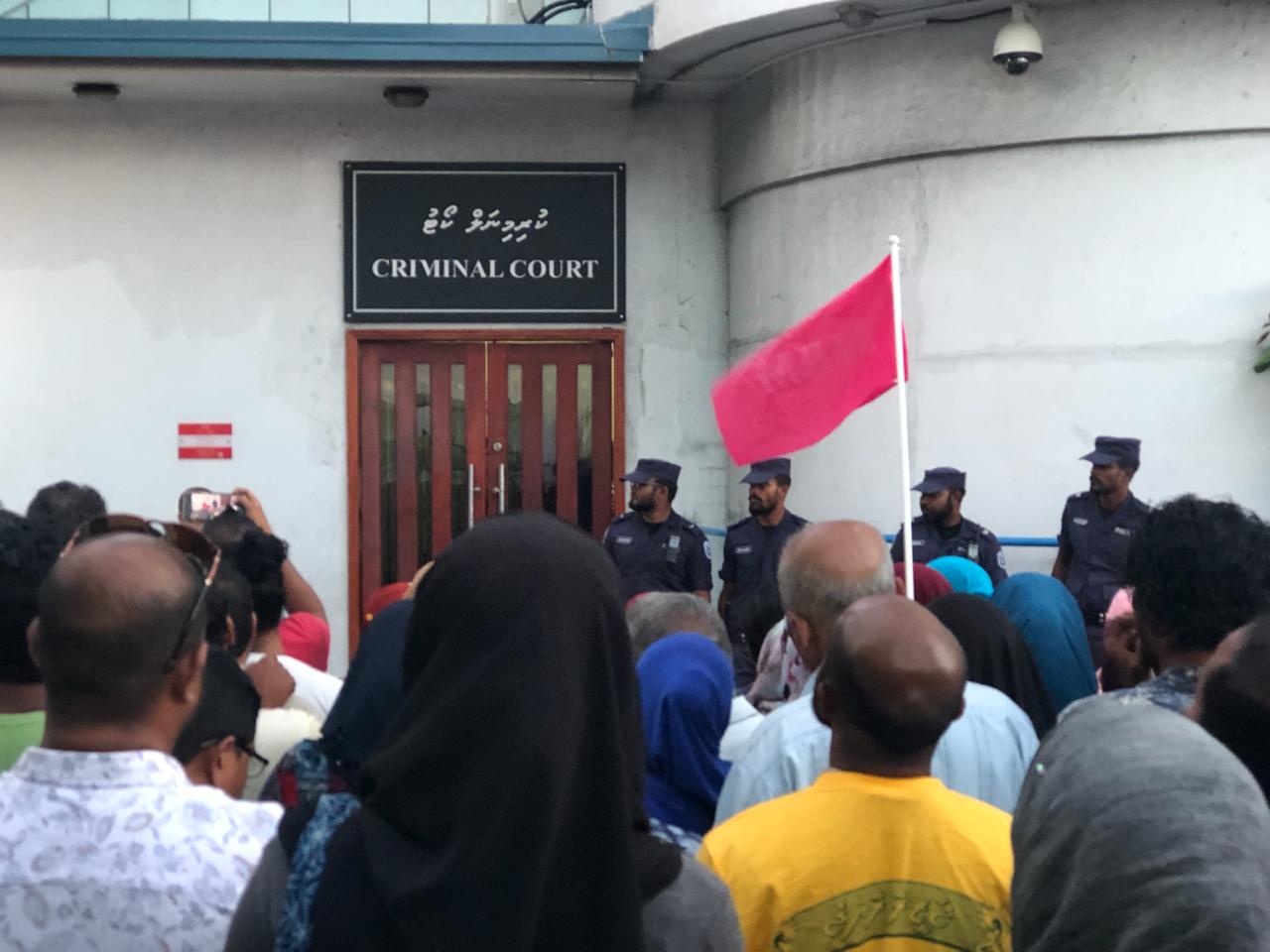Judicial watchdog investigates alleged gang connection
A committee is looking into allegations of gangs nominating judges, providing private security, and “fixing” trials.

13 Jan 2019, 09:00
The Judicial Service Commission has formed a committee chaired by Attorney General Ibrahim Riffath to investigate allegations about gangs nominating judges, providing private security, and “fixing” trials.
The committee decided at its first meeting on Thursday to seek information and evidence about the claims made by Husnu Suood, chair of a presidential commission formed to investigate unresolved murders and enforced disappearances.
“As the allegations made against judges are very concerning to the public and finding the truth is important to ensure the integrity of judges and to maintain trust in the judiciary, it was decided to carry out the committee’s work swiftly and to inform the public about its progress,” the JSC said in a brief statement.
The watchdog’s sub-committee also decided to request information from Suood, who has pledged to cooperate with the inquiry.
Become a member
Get full access to our archive and personalise your experience.
Already a member?
Discussion
No comments yet. Be the first to share your thoughts!
No comments yet. Be the first to join the conversation!
Join the Conversation
Sign in to share your thoughts under an alias and take part in the discussion. Independent journalism thrives on open, respectful debate — your voice matters.




